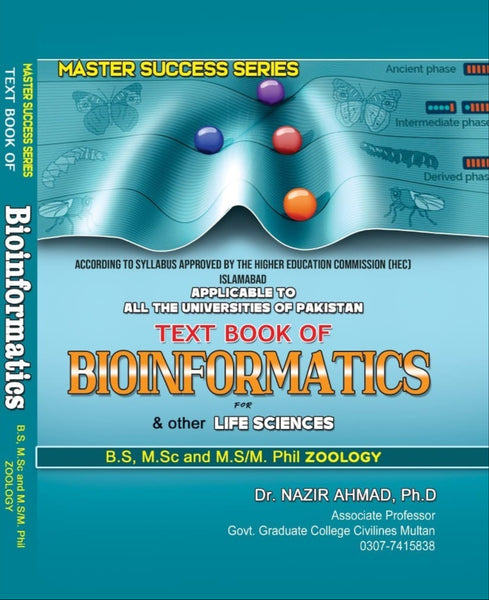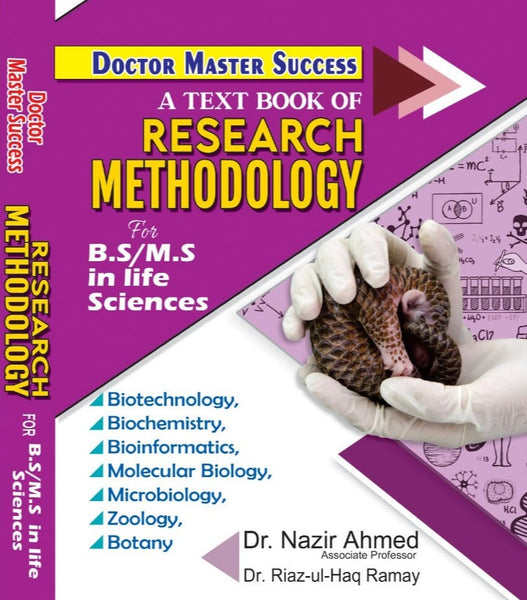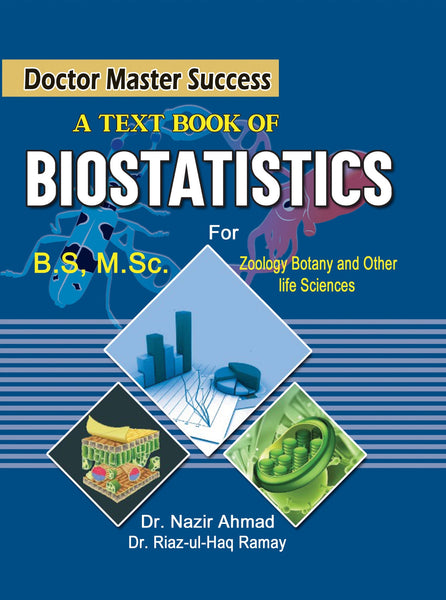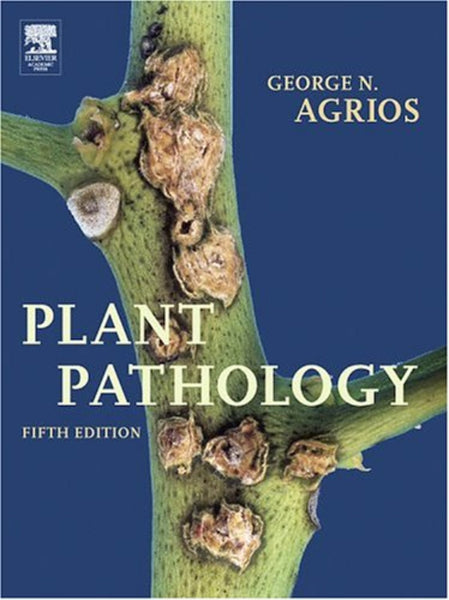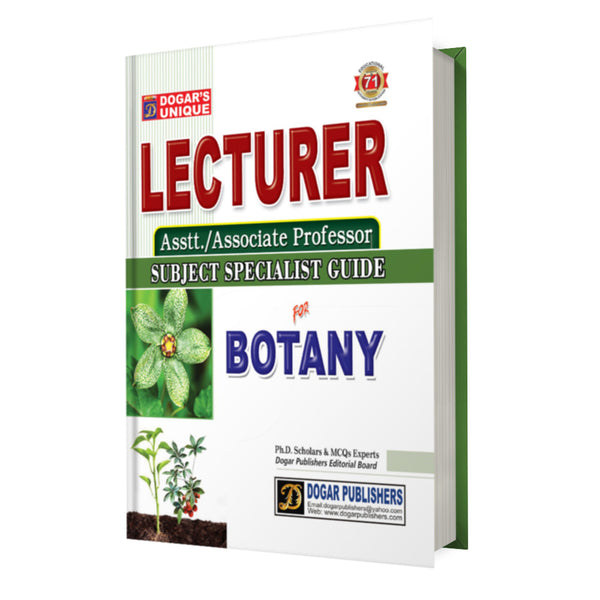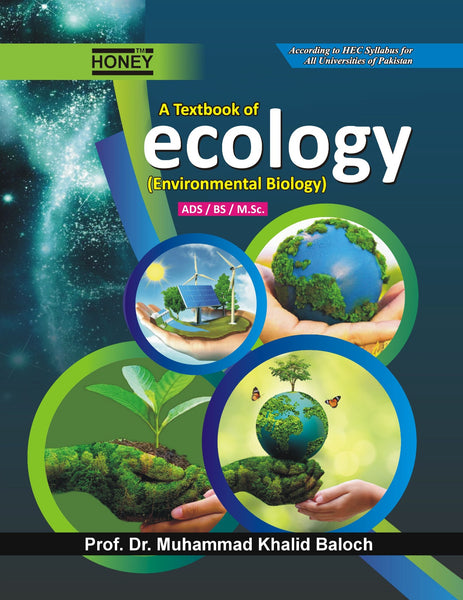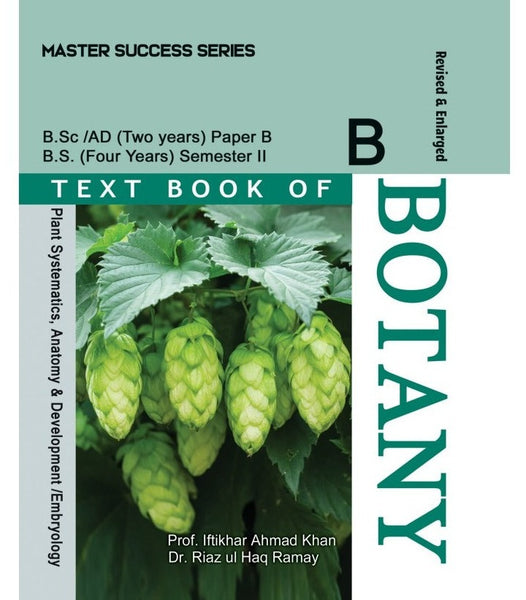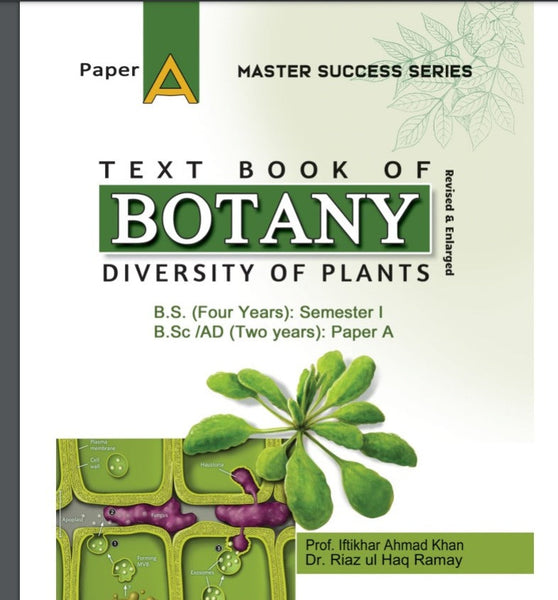Radical Botany: Plants and Speculative Fiction by Natania Meeker (Author)
- Publisher: BOTANY
- Availability: In Stock
- SKU: 48931
- Number of Pages: 296
Rs.690.00
Rs.995.00
Tags: Antónia Szabari , best books , Best Price , Best Selling Books , biocentric literature , botanical fiction , climate fiction , eco-criticism , eco-fiction , ecological imagination , ecological literature , ecology in fiction , environmental humanities , environmental imagination , environmental literature , environmental storytelling , future of plants , literary ecology , literature and nature , narrative ecology , Natania Meeker , nature and fiction , nature in speculative fiction , ONLINE BOOKS , Online Bookshop , plant consciousness , plant life in fiction , plant narratives , plant science and fiction , plant studies , plant symbolism , plant-human relationships , plants and culture , Plants and Speculative Fiction , plants in fiction , radical botany , science fiction and ecology , science fiction and plants , speculative botany , speculative ecology , speculative environmentalism , speculative fiction
📘 Title Name: Radical Botany: Plants and Speculative Fiction
✍️ Authors: Natania Meeker, Antonia Szabari
Quality: Black White Pakistan Print
🔹 Introduction:
"Radical Botany" explores the powerful intersection between plants and speculative fiction, examining how plant life reshapes our understanding of identity, politics, and the future. The book reimagines flora as agents of change through literature and philosophy.
🔑 Key Points:
-
Investigates plants as active players in speculative fiction and theory.
-
Blends literary analysis, philosophy, and environmental thought.
-
Encourages a radical rethinking of nature, ecology, and human-plant relationships.



